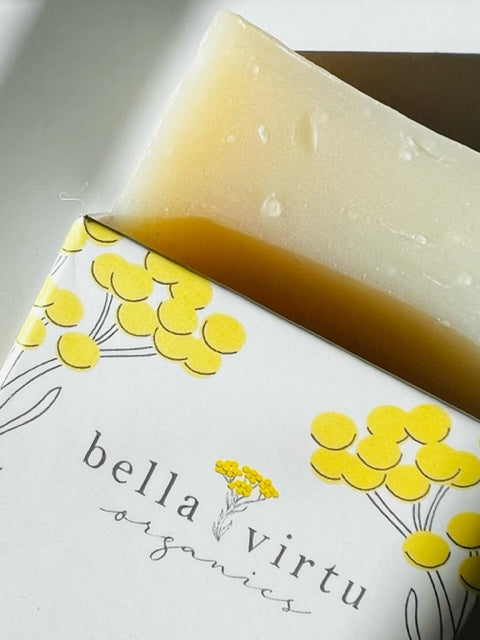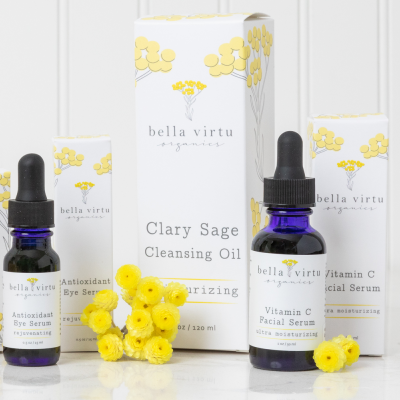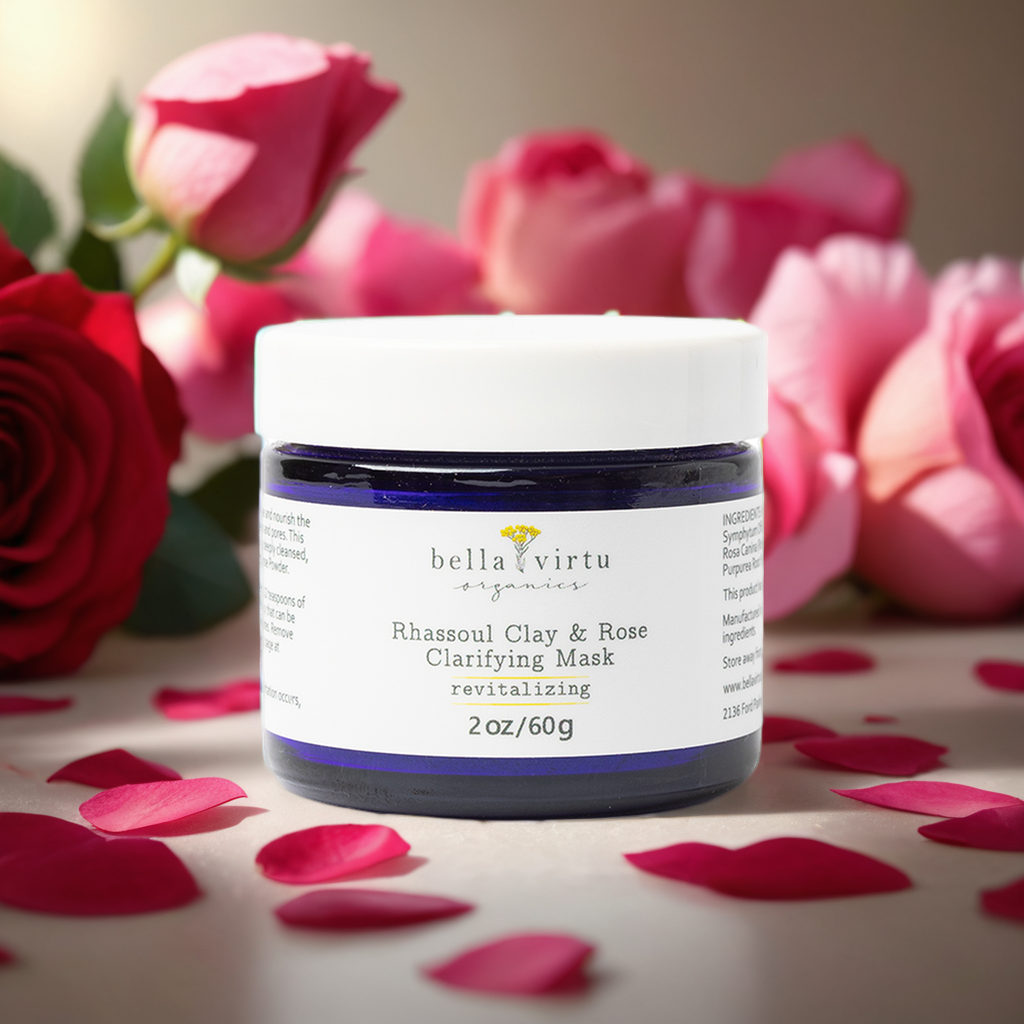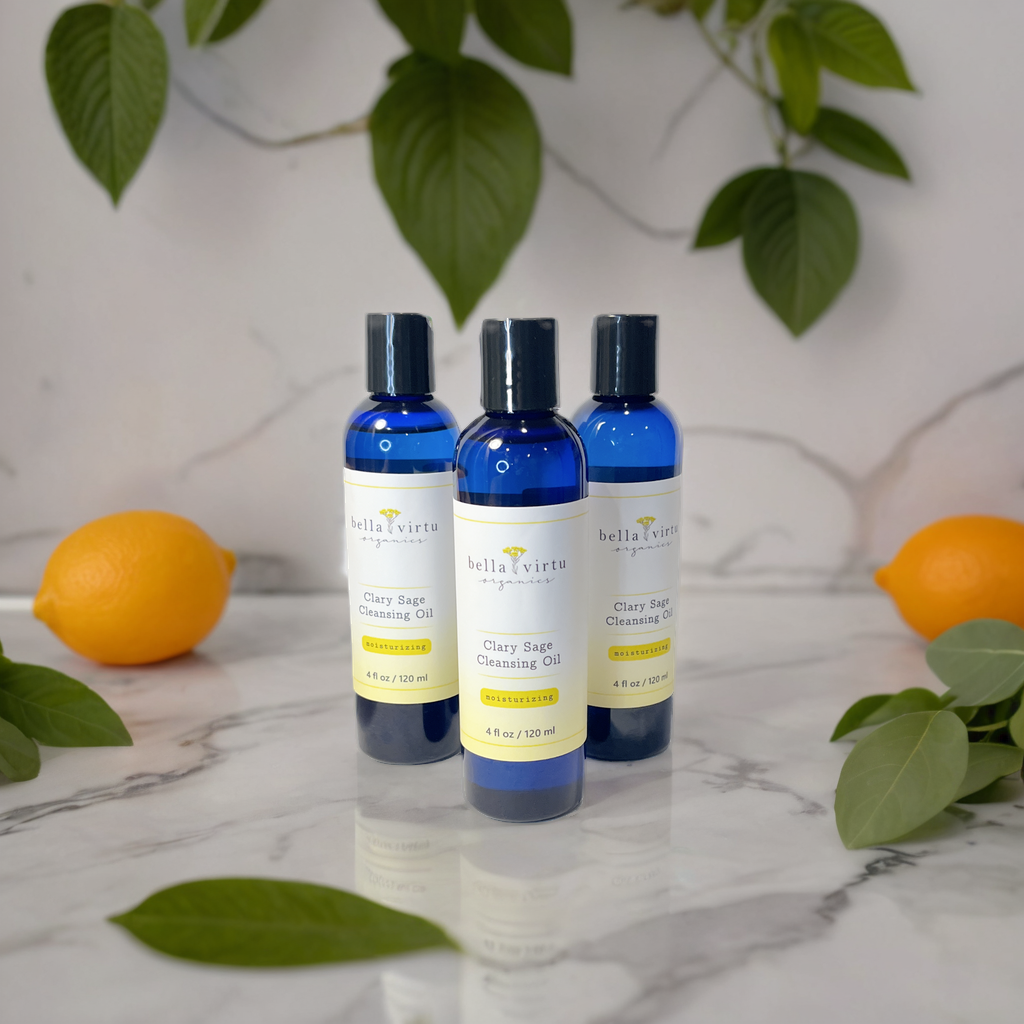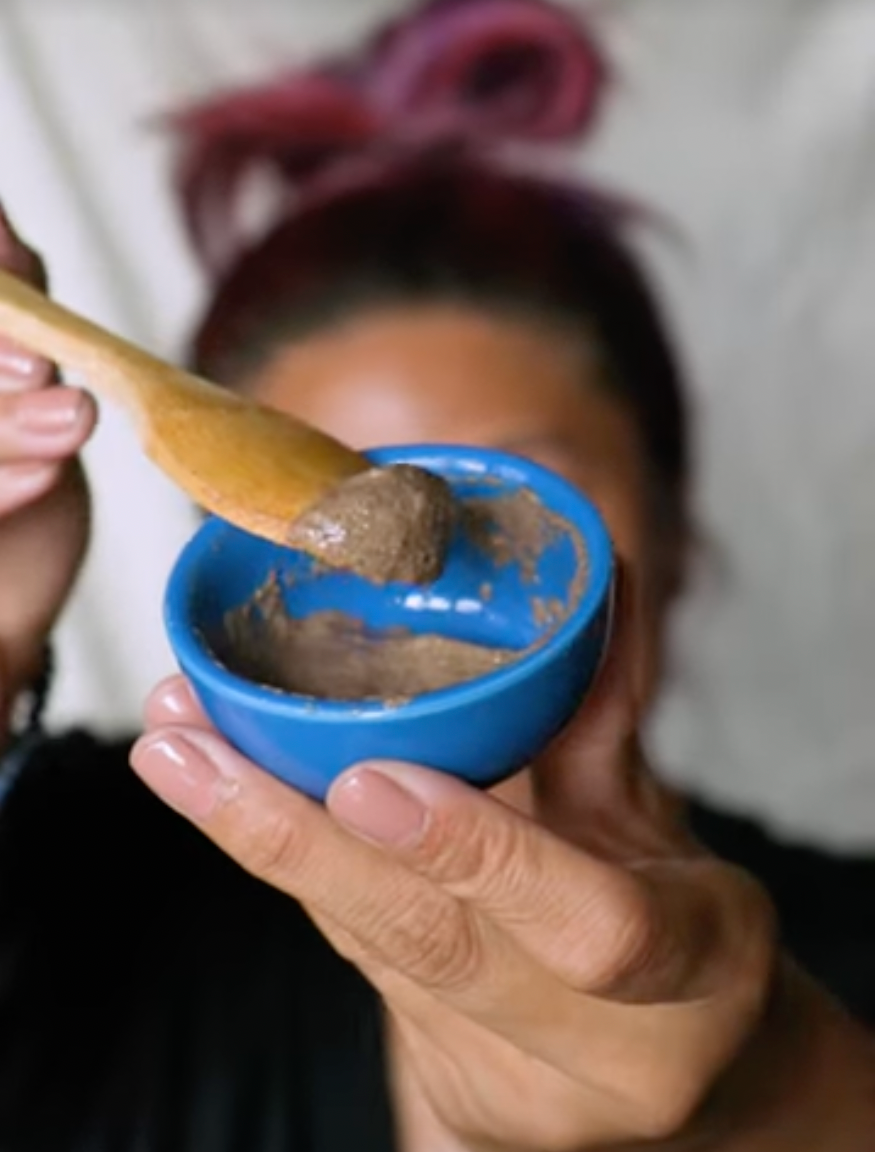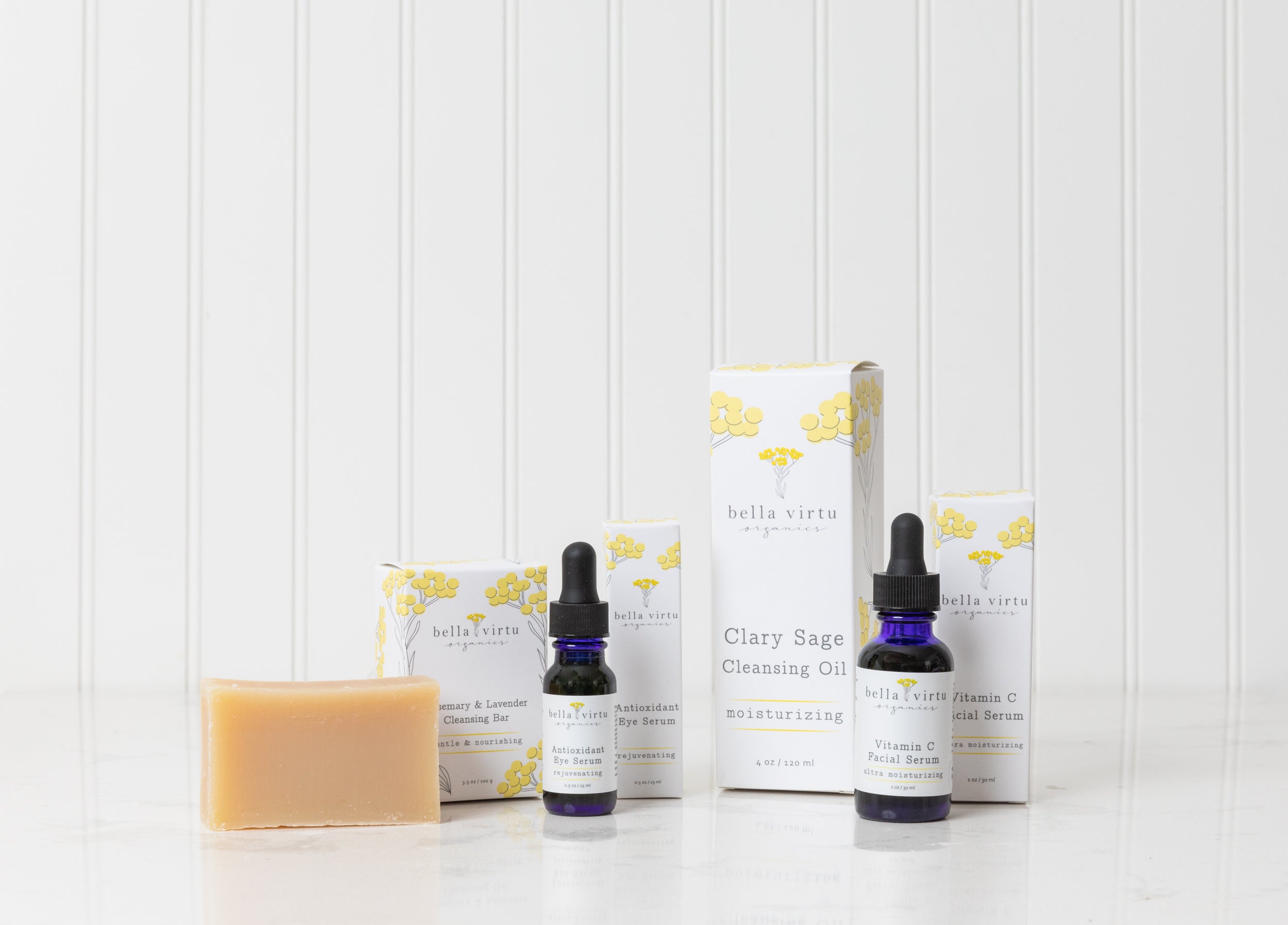Cleansing oils have been gaining popularity in the skincare world, particularly among those with sensitive skin or skin conditions like acne or rosacea. But what are cleansing oils, and how do they work? The purpose of cleansing oils is to remove dirt, makeup, and other impurities without stripping away the natural oils that keep your skin healthy. This article will explain how cleansing oils work, which skin types benefit most from their use, and some effective cleansing oil ingredients to look for.
The Benefits of Cleansing Oils
When it comes to cleansing the skin, oils have several benefits over traditional soaps. For one, they are much gentler on the skin. This is because conventional soaps can strip away the natural oils that protect and moisturize the skin. Cleansing oils, on the other hand, work to dissolve dirt and makeup without stripping away these beneficial oils.
Another benefit of cleansing oils is that they are often made with ingredients that help treat specific skin conditions. For example, some oils can provide anti-aging benefits, while others can treat acne or eczema.
People with normal to dry skin often find that using an oil cleanser also provides some added hydration.
When to Use Cleansing Oil
Using cleansing oil is a two-step process. First, apply the oil to your dry face to dissolve makeup and impurities. Second, gently blot away excess oil with a tissue or soft cloth. Cleansing oils are gentle enough to use daily, but you may want to start with a few times per week if you have sensitive skin. If your skin feels dry after cleansing, follow up with a moisturizer.
There may be a period of adaptation as your skin becomes accustomed to this new way of cleansing. A great strategy is to try the product for at least 3-5 days to gauge how your skin responds. If you're experiencing breakouts or allergic reactions, discontinue the product immediately.
However, many people find that they can't return to traditional soaps and cleansers once they've tried oil for facial cleansers. As soon as you use an oil cleanser, your skin will feel softer and smoother!
Understanding the Ingredients in Cleansing Oil
Bella Virtu Organics' Clary Sage Cleansing Oil uses several ingredients to hydrate and cleanse the skin.
Olive Oil: One of the key ingredients in our cleansing oil is olive oil, which helps soothe and moisturize dry skin while also acting as a natural cleanser. The most prevalent fatty acid in olive oil is oleic acid, which reduces inflammation on irritated skin. Oleic acid also has antimicrobial properties that can help prevent breakouts when applied topically on acne-prone areas of the face like the T-zone or chin area.
Jojoba Oil: In addition to olive oil, jojoba oil is another vital ingredient in our facial cleanser. Jojoba is unique because it contains an omega-6 fat called linoleic acid, providing many potential benefits for hair and skin health, including anti-inflammatory and antioxidant effects.
Sweet Orange Oil: Bella Virtu Organic's sweet orange oil is extracted from organic oranges. It contains plenty of vitamins A and C, both powerful antioxidants. In addition, the oil's refreshing scent will leave your skin feeling invigorated after cleansing. Unlike other oils used in facial cleansers, sweet orange does not clog pores and therefore reduces the risk of clogged pores which can lead to blemishes and blackheads.
Rosemary Oil: Along with these three ingredients, rosemary oil is one of the other major components in our facial cleanser. Rosemary is commonly used as a dietary supplement due to its high levels of vitamin K and iron content, but it also has potent medicinal qualities for treating skin conditions such as eczema and psoriasis. When you apply rosemary essential oil topically (like with this product), it can act as an anti-inflammatory and increase blood flow to promote healing in deeper layers of the skin.
Clary Sage Oil: One of the more notable ingredients in Bella Virtu Organic's facial cleanser is clary sage oil. Used for centuries as a beauty treatment, clary sage oil is said to have antiseptic and astringent properties that work well for oily skin types. In addition, some studies have found that people who use products containing this oil may experience fewer breakouts than those who do not.
Helichrysum Italicum: Our favorite ingredient in Bella Virtu Organic's facial cleanser is helichrysum italicum. Helichrysum italicum, or Roman chamomile, works wonders for sensitive skin types prone to redness and irritation.
Choosing an Oil Cleanse Based on Your Skin Type
Have you ever considered using oil to cleanse your face? If you haven't, you might want to give it a try! Cleansing oils are becoming increasingly popular, as they are gentle yet effective at cleansing the skin. But which oil should you use, and how do you know if cleansing oils suit your skin type?
As you might have guessed, cleansing oils are primarily recommended for those with dry skin. However, that doesn't mean that oily skin types can't benefit from using an oil cleanse. When using an oil cleanse with oily skin, use one with a lighter consistency to avoid adding any excess oil to your face. If you find your skin feeling tight after cleansing, don't hesitate to apply moisturizer.
Many oils are more suited for dry skin types, including jojoba oil, olive oil, castor oil, sweet almond oil, and avocado oil. The lighter-weight oils work best on dry skin types because they absorb into your skin without leaving any residue. If you have oily or combination skin, try using an oil rich in antioxidants like rosehip seed or pomegranate seed. These contain anti-inflammatory agents that help reduce redness. Again, make sure you're choosing an organic option when possible to avoid irritation or allergic reactions caused by chemicals in non-organic products.
Interested in giving cleansing oil a try? Our Clary Sage Cleansing oil provides an excellent blend for cleansing dry skin.

